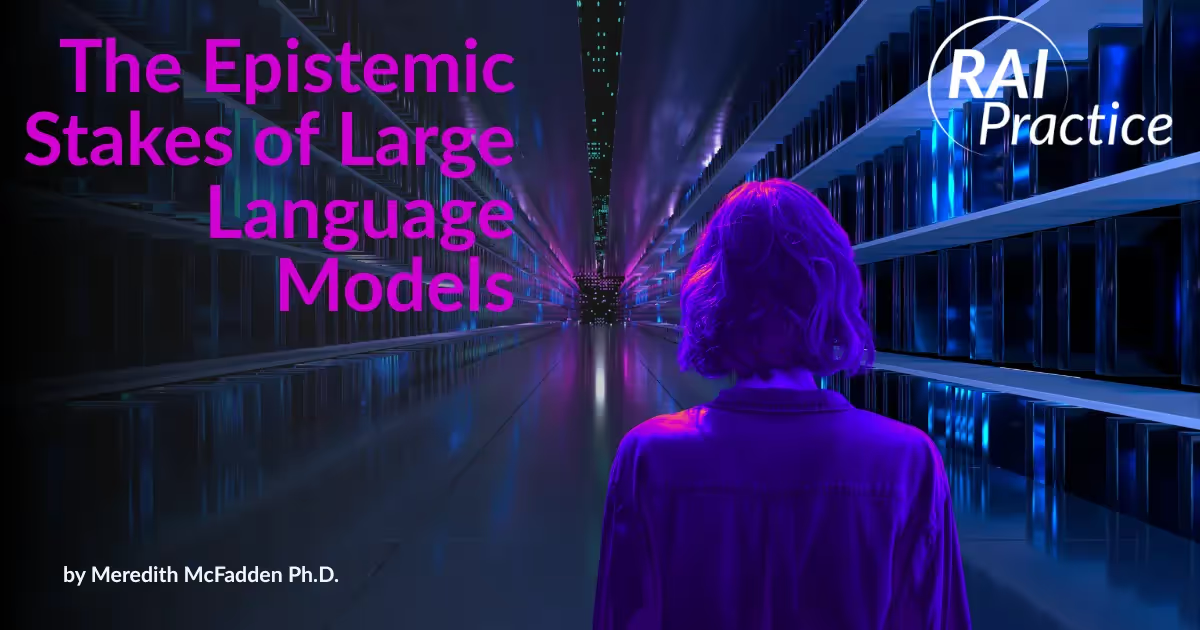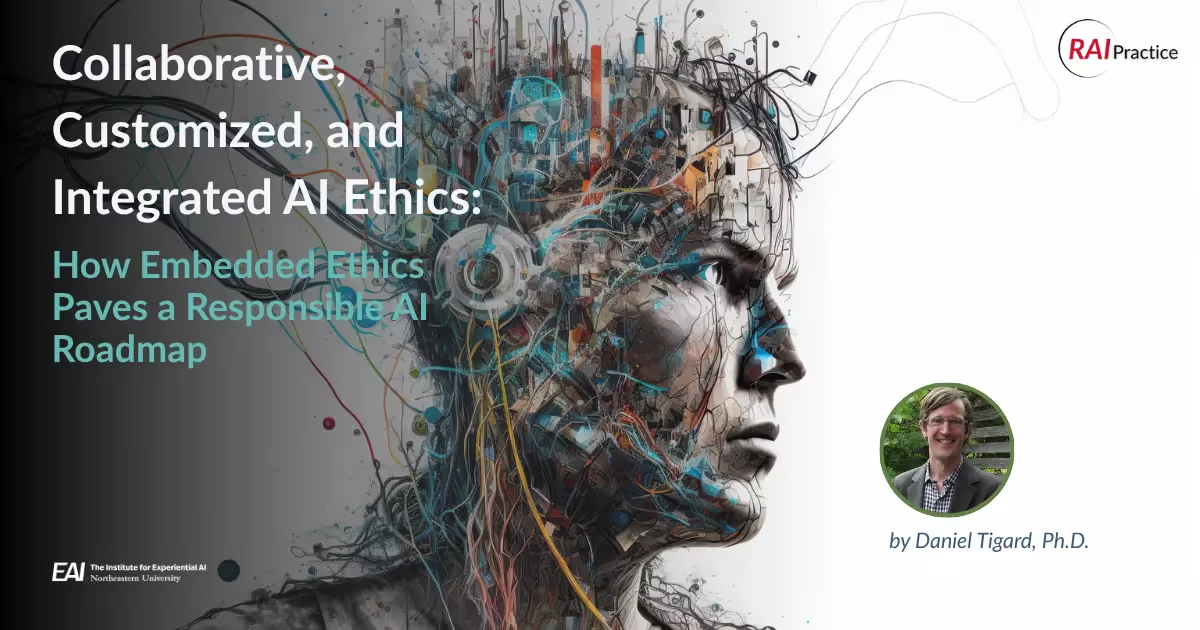RAI Radar: Beyond Prediction - Responsible AI and the Future of Life Insurance

The advent of AI in predicting life expectancy presents a revolutionary shift in the insurance industry, offering potential for more personalized policies and accurate risk assessments. However, these innovations may also pose ethical dilemmas, raising concerns about privacy, discrimination, and transparency.
Data Privacy, Security, Consent
The use of AI in life insurance necessitates the collection of extensive personal health and lifestyle data, perhaps even beyond what many consumers will accept. For this reason, ensuring the privacy and security of this data is paramount, requiring robust consent mechanisms that empower individuals to control their information or even opt-out. Responsible AI starts with a commitment to data protection, ensuring that any personal information collected is used ethically and responsibly.
Bias, Fairness, Inclusivity
AI systems are only as unbiased as the data they are trained on. Historical and structural biases shaping these data can lead to skewed predictions, potentially discriminating against certain groups and exacerbating existing inequities.
"This is particularly important when AI systems become the main basis for determining life insurance policies in settings where equitable access to insurance is crucial, ensuring that disadvantaged groups can rely on their fairness and accuracy,“ says Cansu Canca, Director of Responsible AI Practice at the Institute for Experiential AI.
Biases within AI models should be identified and mitigated throughout the design process, with active monitoring post-deployment, to ensure equitable outcomes for all policy holders.
Transparency and Accountability
The opaque nature of AI algorithms can make it difficult for individuals to understand how decisions about their insurance policies are made.
Canca says, “In the context of AI for predicting life expectancy, an 'ethical approach' means integrating value-laden decisions into both the systems' design and their development process. It's essential that these AI systems not only adhere to ethical guidelines in their creation but also in their operational use, ensuring transparency and accountability in how they predict life insurance outcomes."
This requires developers to embrace the difficult task of designing transparent AI systems that provide clear explanations of their decision-making processes, even when that extra step may seem like an impediment to quick innovation.
As AI continues to transform the insurance industry, navigating its ethical implications is crucial.
"It is of extreme importance that systems that are designed to help people do not end up disadvantaging them."
The Institute's RAI Practice is committed to guiding organizations through the responsible use of AI, ensuring that technological advancements benefit everyone involved while respecting individual rights and dignity.
Interested in learning more about Responsible AI in insurance? Contact us to see how we can help your organization navigate the ethical complexities of AI implementation.



.avif)

